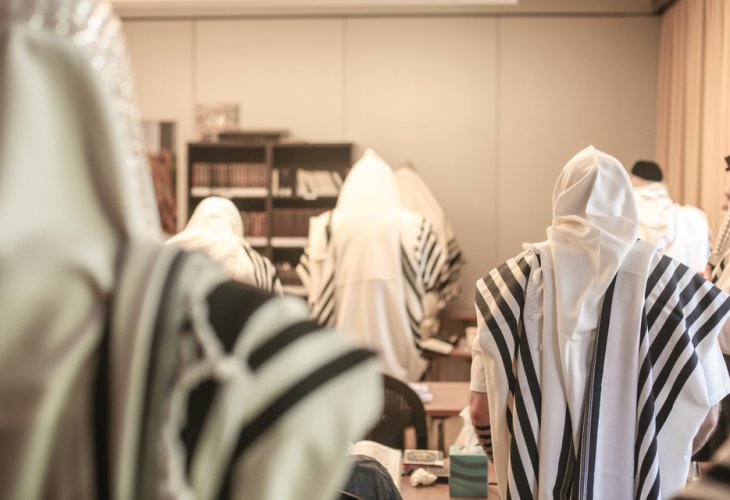Jewish Law
The Great Danger of Disrespecting the Synagogue
Failing to honor the synagogue and the prayers can lead to harsh consequences
 (Photo: shutterstock)
(Photo: shutterstock)We know that Hashem is merciful and has patience while waiting for us to recognize where we've gone wrong and return to Him. We all have so much blessing in our lives even though according to the strict letter of the law, we don't deserve it.
However, there are some exceptional areas in which the consequences of taking the wrong path can be immediate. Entry to the Holy Temple is one such example. Strangers were forbidden to enter, and even priests could only enter at certain times and in accordance with strict rules. The Torah tells us that, "The stranger who approaches shall be put to death." When the two sons of Aaron, the kohen gadol (high priest) offered up what the Torah calls a "strange fire" to Hashem, they died on the spot. They were priests and described as righteous, but when they failed to recognize that serving Hashem in the Tabernacle required absolute adherence to the halachah (Jewish law) they were immediately punished.
In our days, when we no longer have the Holy Temple, our synagogues are referred to as "miniature sanctuaries." Our prayers are in place of the sacrifices. The respect we accord to our mini-sanctuaries should be immense; the consequences for lack of respect can be extremely severe.
In 1648-9, Jews in parts of what was then the Russian Empire suffered horrific pogroms; thousands of Jews were brutally massacred by Ukrainians led by the evil Bogdan Chmielnicki. In the aftermath, the surviving rabbis tried to understand what had brought about such a harsh Divine decree. One of the elders of the generation, Rabbi Yom Tov Lipmann Heller of Prague, the "Tosafot Yom Tov," related that it was revealed to him in a dream that one of the reasons for the great calamity that came upon the Jewish people was idle talk in the synagogues.
Chatting during prayers is a blatant show of disrespect for Hashem, the synagogue, and the prayers. Therefore, the Tosafot Yom Tov established a special "Mi Sheberach" blessing that is still recited today in many synagogues, which states: "May He who blessed our forefathers Avraham, Yitzchak, Yaakov, Moshe, Aharon, David, and Shlomo, bless those who guard their mouths and tongues from interrupting with any speech ... until the end of the prayers, and during the public Torah reading, even with words of Torah, and certainly with idle conversation and news stories..."
***
We see from here how careful we must be regarding the honor of the synagogue and our respect for prayer, and what danger is involved in showing disrespect. The Torah teaches us that "middah tovah merubah," that the reward for a good deed is proportionally far greater than the punishment for a sin. When we honor the synagogue to the best of our ability and respect the prayers and the Torah reading, we will surely merit a great abundance of blessing.

